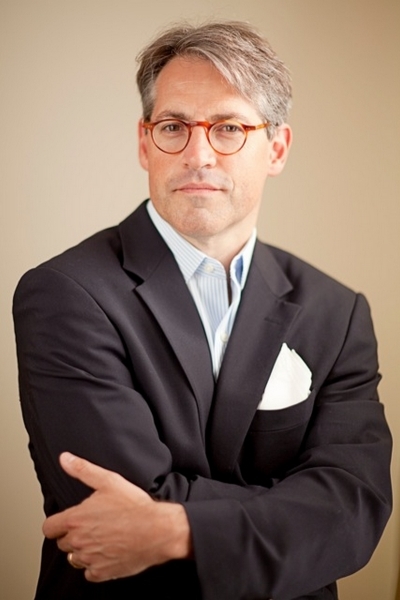Russell Moore Stirs Things Up at the Justice Conference

We know what happened when Mr. Smith went to Washington. But what about when Mr. Moore went to Chicago?
There's a stereotype out there that evangelicals only care about abortion and "morality" issues like homosexuality and marriage. Lots of pundits describe us as monolithic in our approach to these issues.
That may have been true in the past, but no longer. To cite just one example, Daniel Burke of CNN has identified seven types of evangelicals in politics. They run the gamut from extremely conservative to extremely liberal. And these groups are often so focused on their pet agendas they rarely talk to each other, much less work together.
Russell Moore wants to change all that. Moore, who is president of the Southern Baptist Convention's Ethics & Religious Liberty Commission, is staunchly pro-life, pro-adoption, and pro-marriage — a member of what CNN calls "institutional evangelicals."
So why did Moore travel to Chicago to address young, progressive evangelicals at this year's Justice Conference? Well, like Mr. Smith in Washington, Dr. Moore went to stir things up.
And he succeeded. Chelsen Vicari of the Juicy Ecumenism website reports that Moore began by chiding his own allies in the culture wars while applauding the young people who care deeply about the so-called "justice issues" like immigration and sex trafficking.
Moore said, "When I'm speaking to people in my tribe of conservative confessional evangelicalism I often have to say you are pro-life, and rightly so, but because you recognize the image of God and the humanity of God in the unborn child . . . you must also recognize the humanity and dignity of God in people who might not be politically popular with you right now: with prisoners, with refugees, with immigrants."
Then, like a prophet of old, Moore turned the moral spotlight on his young audience. Moore said that abortion, too, is a justice issue.
"We must … stand up and say No to racial injustice, No to refugee-bashing, No to immigrant-demonizing, No to predation on the poor, and No to the violence and injustice of abortion."
He said that part of our problem is wanting to be defined in terms of our peer group.
Some evangelicals, he said, are "afraid to speak up on a biblical view of issues of human sexuality because they're afraid that somehow that means they will be associated with people in polyester somewhere that they don't want to be like. How cowardly."
That comment drew uneasy silence.
Then he reminded his audience that the ultimate "justice issue" is our standing as sinners before a holy God. It's an issue that we cannot skirt if we claim to be Christians.
"There is a great valley that separates the just from the unjust, and the basis for that separation is the gospel of Jesus Christ," Moore said. "We cannot be people who are concerned about justice if we are embarrassed about the doctrine of hell. If you are embarrassed … because it reminds you of some uneducated backwoods preacher … what you're embarrassed of is not hell … [but] Jesus Himself."
Sadly, Chelsen Vicari reports, some of the young people at the Justice Conference, but by no means all, murmured at his uncomfortable prophetic challenge to expand their understanding of justice.
And before we're tempted to shake our heads at these young brothers and sisters in the faith, let's remember that we have a lot to learn from their Wilberforce-like passion for justice on behalf of the ignored and invisible. After all, that's why Chuck Colson founded Prison Fellowship long before he started the Colson Center.
I'm grateful to Dr. Moore for reminding us that while we may have our particular passions, we can never forget that the Gospel speaks to hungry, hurting bodies as well as to hungry, hurting souls.
Originally posted at breakpoint.org.





















